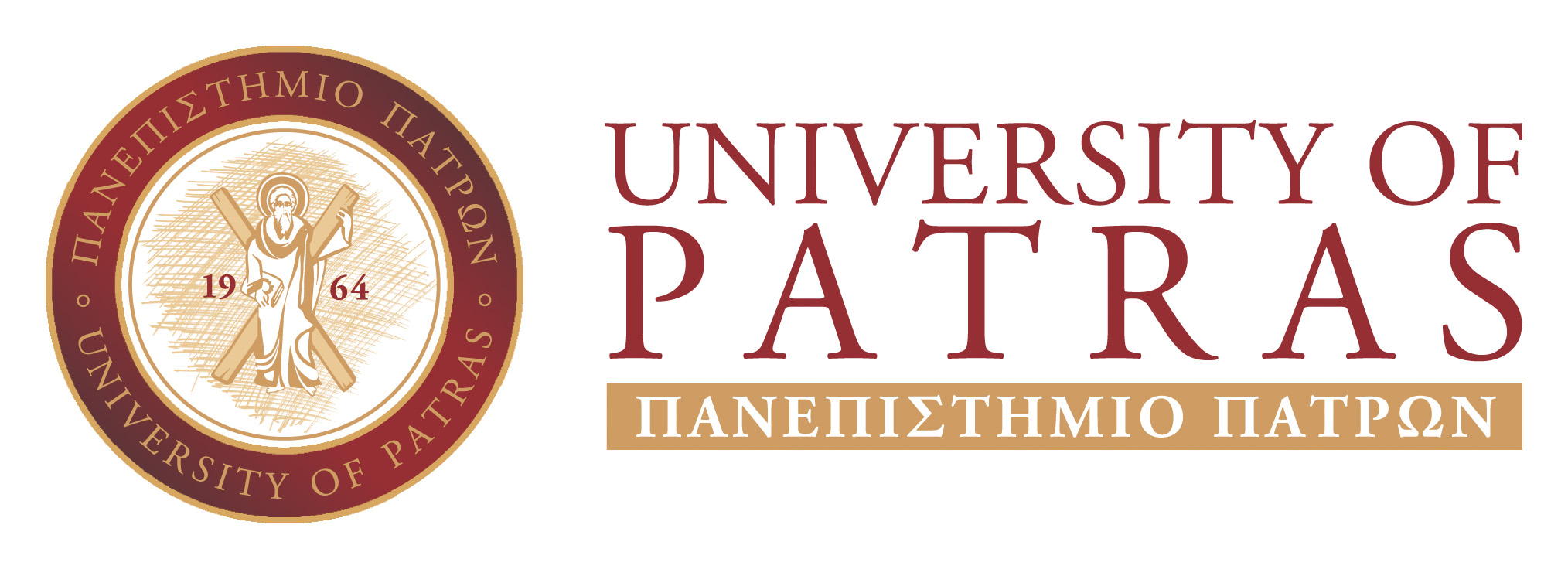AILA
Artificial Intelligence-driven Framework and Legal Advice Tools for Phishing Prevention and Mitigation in Information Systems
About the project
Phishing cyberattacks are one of the most important security threats in modern Information Systems causing different levels of damages to end-users and service providers such as financial and reputational losses. Phishing refers to Social Engineering practices, either by email, phone calls, or social media and text messages, pretending to be from trusted service providers to induce end-users to reveal personal information, such as passwords, pin codes and credit card numbers. State-of-the-art anti-phishing research is highly fragmented and monolithic and does not address the problem from a multidisciplinary perspective.
The project falls within the thematic area of “Social Sciences, Arts & Humanities, Management & Economic Innovation” and in the thematic field of “Development of Innovative Applications and Sustainable Business Models”, since the project revolve around the development of an innovative multidisciplinary framework that will address phishing cyberattacks, thus providing groundbreaking opportunities to increase sustainability of business operations in several domains like e-banking, e-government, and e-education.
Project Consortium

University of Patras (UPAT) is a public university in Patras, Greece. It is the third largest university in Greece with respect to the size of the student body, the staff, and the number of departments. The University of Patras is considered one of the best universities in Greece and has been placed in the top 200 universities in subject areas. In 2020, the student population was more than 33.000 (29.901 at the undergraduate level and 3.931 at the postgraduate level). It has 715 faculty members, 226 scientific staff members and 454 administrative personnel and comprises 7 Schools and 35 Departments. UPAT is an Endorser of the “European Charter for Researchers” and “Code of Conduct for the Recruitment of Researchers (Charter & Code)” and host of hundreds of Erasmus Students and Academic Exchange Staff.

Aristotle University of Thessaloniki (AUTH), is a public university in Thessaloniki, Greece. The University’s particular triptych is specified as Interdisciplinarity, Internationalist and Intercultural Education. AUTh is one of the largest universities in South Eastern Europe and has more than 70.000 undergraduate and postgraduate students, 4.000 are international. AUTh has almost 2000 members of Academic Staff and 1015 members of all the other staff categories. It comprises 42 schools covering all scientific fields. The general research performance reveals that AUTh has active participation in 48 research networks with the collaboration in 1705 research projects, 350 of which are related to water resources issues. Over the last five years the AUTh has implemented more than 4500 Research and Technological Development Projects, covering mainly the scientific areas of the environment, information technology, communications, industrial technologies, heritage archaeology and social / economic sciences, among others.
Research team

dr.panagiota kiortsi
aristotle university of thessaloniki
Project Objectives
OBJECTIVE 1
Formalize multidisciplinary anti-phishing user models that will highlight statistical correlations among human, technology, and legal factors of phishing.
OBJECTIVE 2
Deliver novel artificial intelligence-driven anti-phishing algorithms for user modeling, adaptation and recommendation functions aiming to support phishing prevention and mitigation.
OBJECTIVE 3
Develop an open-source integrated anti-phishing personalization framework and demonstrate knowledge transfer and integration guidelines to critical domains like banking, e-government.
OBJECTIVE 4
Demonstrate novel anti-phishing analytics and tools to organizational stakeholders and advance state-of-the-art legal research in phishing prevention and mitigation.
OBJECTIVE 5
Validate the framework within real-world use cases and increase the project’s uptake through the provision of open-access validated anti-phishing datasets






